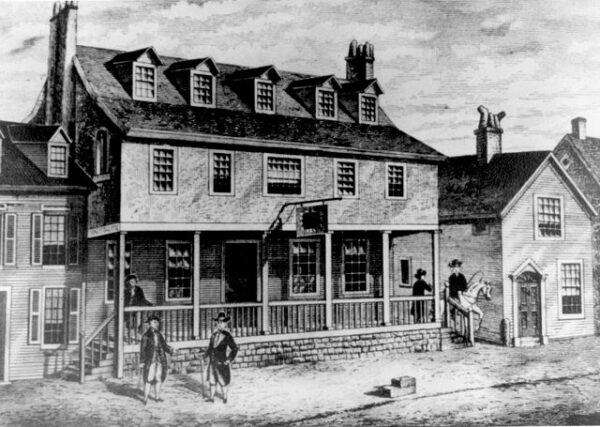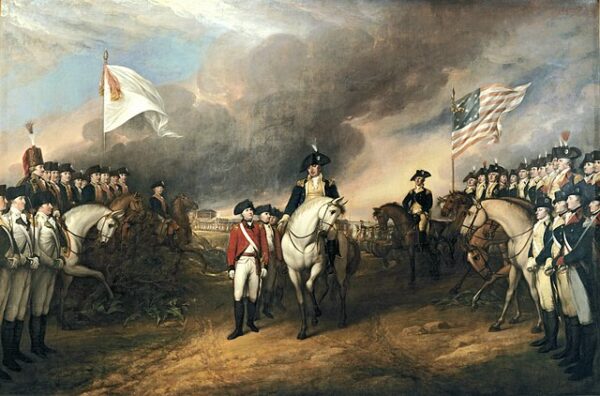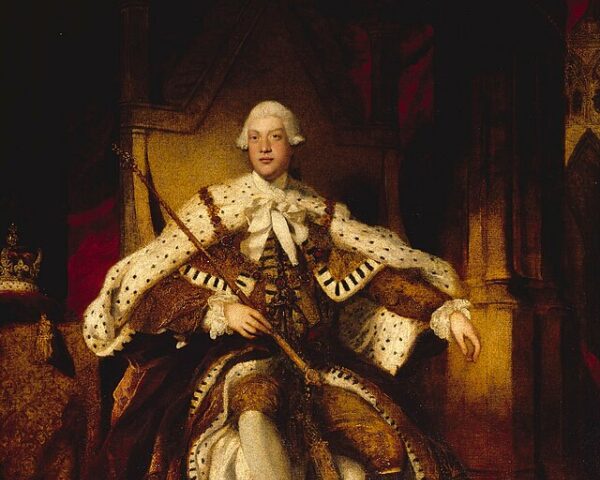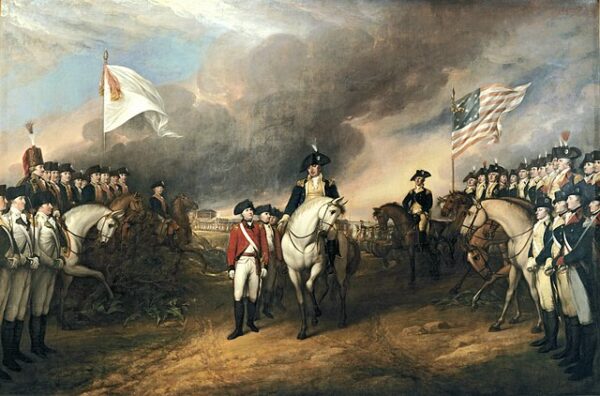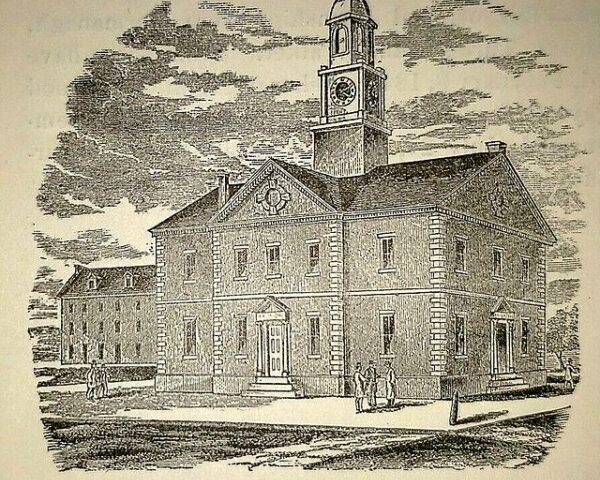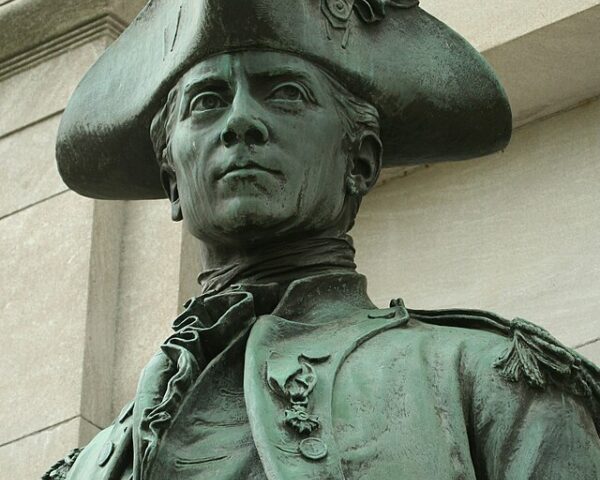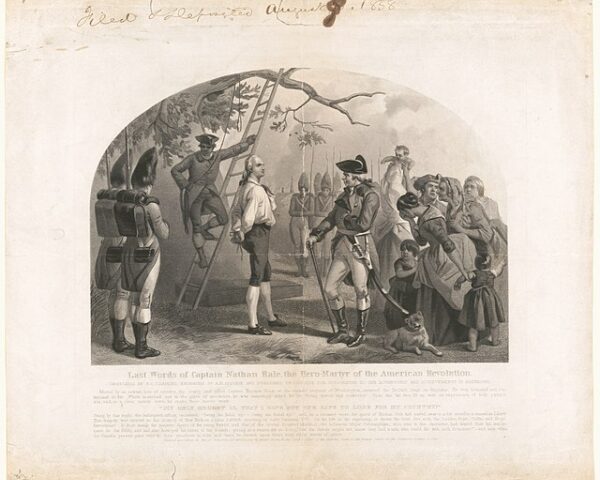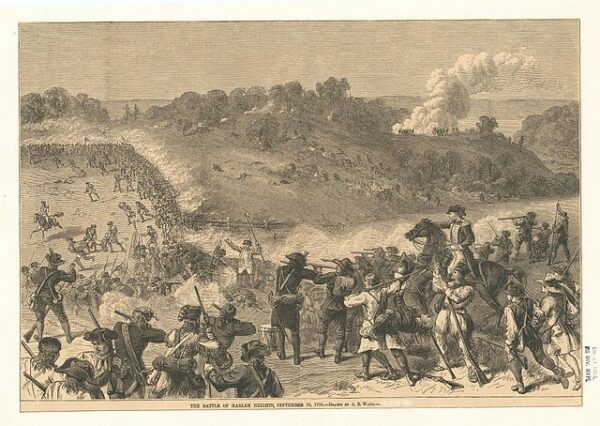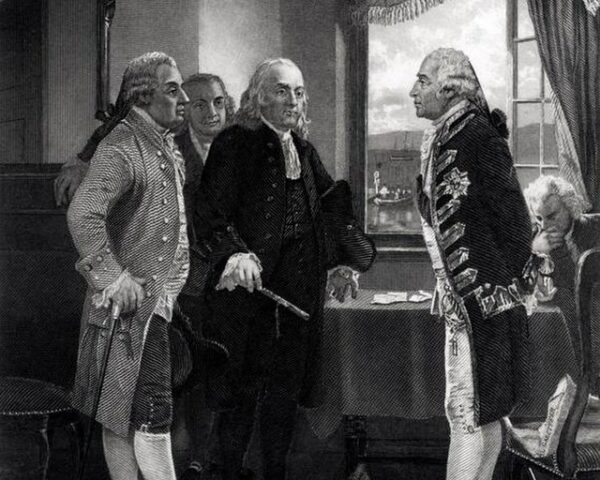The creation of the United States Marine Corps on November 10, 1775, at Philadelphia’s Tun Tavern stands as one of the most durable institutional legacies of the American Revolution. Conceived in the early weeks of the war—when the Continental Congress urgently sought to build…
Read MoreLord Dunmore’s bold proclamation in 1775 threw the American colonies into turmoil, forcing them to confront the deep contradictions between their ideals of freedom and their reliance on slavery. John Murray, better known as Lord Dunmore and the last Royal Governor of Virginia, issued…
Read MoreWhen King George III strode into the House of Lords on October 27, 1775, the ornate chamber was heavy with ceremony, but also with the weight of war. Three months earlier, British troops had fought colonial militiamen at Lexington and Concord. Now, the King’s…
Read MoreBy early October 1777, the fate of Britain’s northern campaign hung in the balance. General John Burgoyne’s grand plan—to drive south from Canada and cut off New England from the rest of the colonies—had stalled along the upper Hudson River. His supply lines stretched…
Read MoreOn September 28, 1781, the world began to turn upside down. On the battle-scarred fields of Yorktown, Virginia, the forces of destiny collided. General George Washington, leading the battle-hardened Continental Army, joined forces with French General Jean-Baptiste Donatien de Vimeur, Comte de Rochambeau, to…
Read MoreOn September 27, 1777, Lancaster, Pennsylvania, for one day, served as the capital of the United States after Congress fled Philadelphia due to the advancing British army. The British had set their sights on Philadelphia, then the largest city in the colonies and home…
Read MoreOn September 23, 1779, during the American Revolution, John Paul Jones achieved one of the most celebrated naval victories in U.S. history while commanding the USS Bonhomme Richard. The battle took place off the coast of Flamborough Head, near Yorkshire, England, where Jones faced…
Read MoreOn the gray morning in occupied New York City, a 21-year-old Connecticut schoolteacher turned Continental officer met his end at the hands of the British. Nathan Hale, captured while attempting to gather intelligence behind enemy lines, was hanged as a spy on September 22,…
Read MoreOn September 16, 1776, the morning broke with British horns sounding not the call to arms, but the mockery of a fox-hunt. From the wooded ridges above Harlem, George Washington’s battered Continentals listened to the taunt. For weeks they had known only retreat —…
Read MoreOn September 11, 1776, in the brief lull following the Battle of Long Island, a small boat ferried three American delegates across the waters of New York Harbor. Their mission was audacious, if not quixotic: to test whether a negotiated peace with Britain might…
Read More

